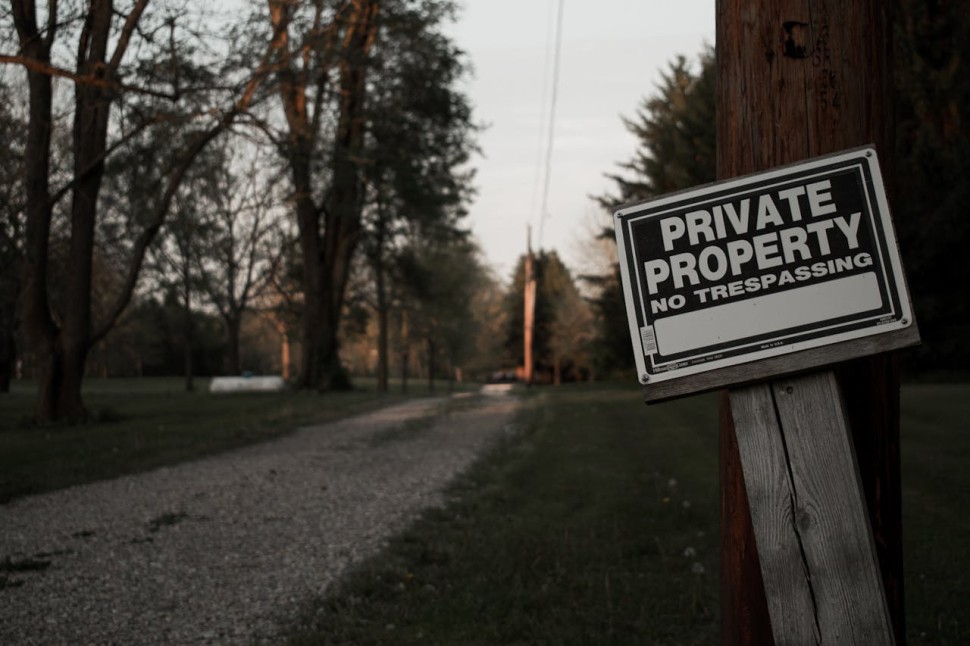New Bill Takes Aim at Squatting Issues in New Hampshire
Homeowners troubled by unauthorized occupants squatting on their property have a reason to be hopeful. A bill has been introduced in New Hampshire to simplify the process needed to remove squatters. Under the proposed House Bill 1400, individuals deemed squatters could soon face expedited eviction. Behind this bill is a nuanced approach to balancing the rights of legal tenants against the need for quick action in clear cases of trespassing.

Clarifying the Definition of Squatters
The bill is crafted to clarify the term 'squatter.' This clarity is critical for law enforcement when they are called upon to intervene. The bill intends to differentiate between squatters and residents with a legitimate history with the property, like an oral agreement or a text message indicating a tenancy agreement. The goal is to ensure that law enforcement can swiftly remove the offender when true criminal trespassing is identified.
Emergency Hearings for Tenant Disputes
State Representative Rebecca McWilliams explained that the bill's provisions extend to what to do in potential gray areas. For instance, a person who has lived at a property under a previous arrangement might be mistaken for a squatter. The bill mandates an emergency court hearing within 48 hours in such scenarios. This rapid legal intervention is designed to help rapidly sort out any confusion over residency status without lengthy court delays.
A Response to National Concerns
The bill arrives amidst a backdrop of increasing national attention on the issue of squatting. While instances of individuals illegally commandeering properties remain relatively low, the subject has led to legislative initiatives across the country. The prevalence of such cases has raised concerns among lawmakers and homeowners alike.
Simplifying Eviction Procedures
House Bill 1400 also strives to streamline the procedural aspects of eviction in squatter situations. McWilliams has been adamant about shifting the responsibility away from sheriffs. Instead, the bill proposes that judges assess evidence and rule on squatter incidents, thus removing any unnecessary burdens from law enforcement.
Rare Yet Impactive Incidents
Despite the relative rarity of squatting incidents, the bill reflects the desire to provide homeowners with clear legal recourse. Instances where individuals occupy homes without established legal rights - though infrequent - underscore the need for precise legal language. Such language delineates the boundaries between criminal trespass and civil disagreements. When homeowners encounter an unlawful occupant upon returning from a trip, immediate police intervention to remove the squatter can be the response expected.
Through this legislative proposal, New Hampshire is moving to fortify homeowner protections. The bill promises to deliver prompt action against squatting while preserving the justice process for legitimate tenant disputes. As the state continues to debate this sensitive subject, homeowners and tenants alike await further developments with great interest.




